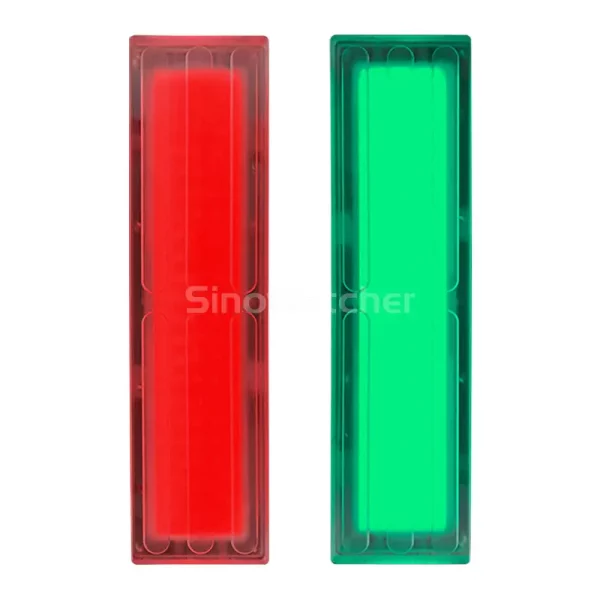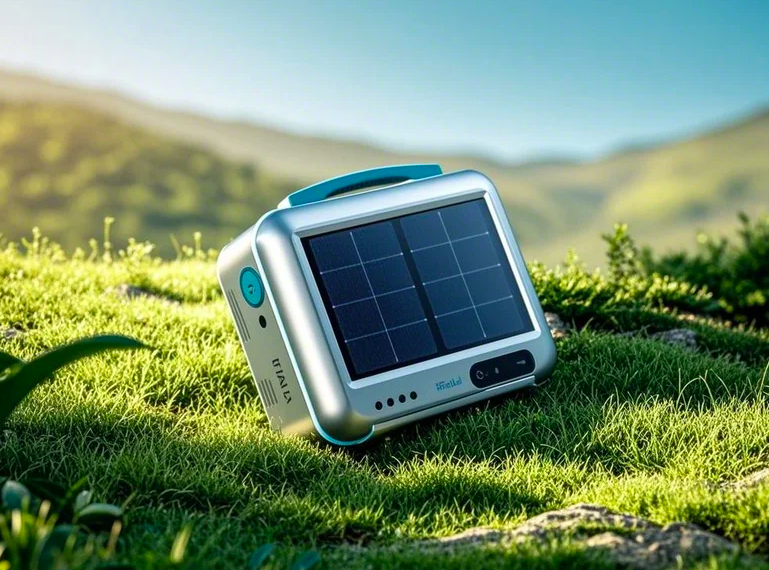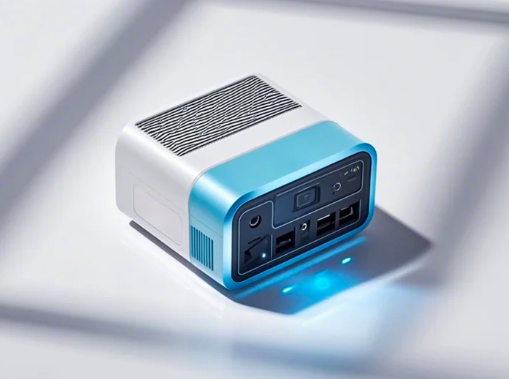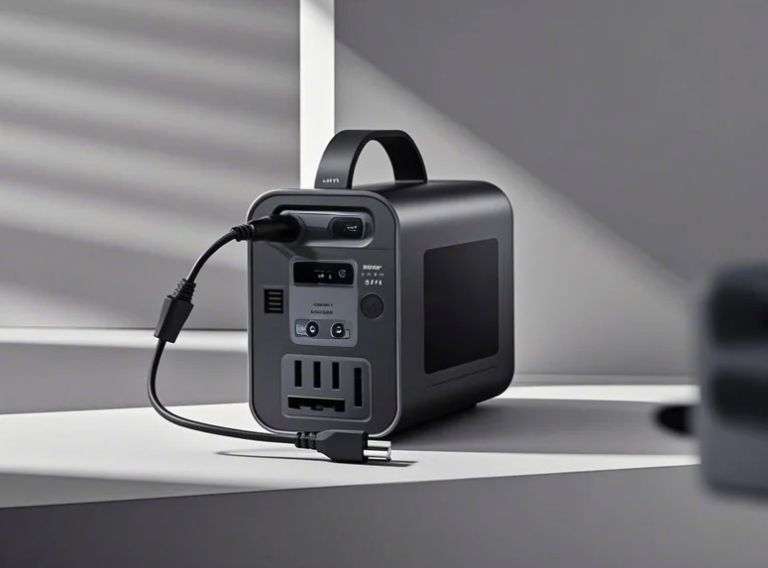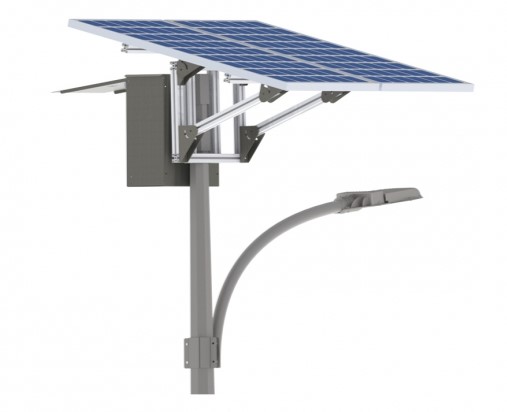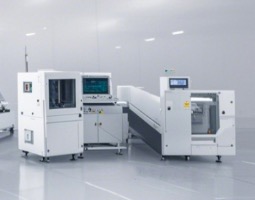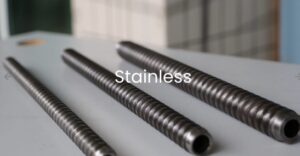Harnessing the sun’s power has never been more accessible or versatile than with a solar-powered portable battery. These devices can be invaluable for camping enthusiasts, frequent travelers, or anyone who wants to be prepared for power outages.
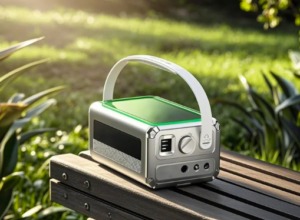
If you are interested in buying the most suitable solar power batteries, then you should consider the following points below:
1. Know what you want
Before diving into the market, outline what you expect from your battery. Are you looking to charge small devices like smartphones, or do you have larger appliances in mind? Knowing your energy needs will prevent you from overspending on high-capacity models when a more modest unit would suffice.
2. Dive Deep into Research
Start by familiarizing yourself with popular and trusted brands in the solar battery market. Once you have a list, compare the features, capacities, and prices of their models. For example, you should consider lithium-iron phosphate batteries because they are currently the best option on the market.
3. Modular Systems
Some solar battery systems are expandable. You can start with a basic unit and add more panels or battery capacity as your needs and budget grow. This approach allows you to spread the expense on your solar-powered portable battery over time.
4. Warranty and Durability
While this doesn’t directly reduce the initial cost, investing in a durable unit with a solid warranty can save you money in the long run. It’s often more economical to buy a slightly more expensive model with a reputation for longevity than a cheaper one that may need frequent replacements.
Why Wholesalers Should Consider Ordering Lithium-Iron Phosphate Batteries
Lithium-iron phosphate (LiFePO4) batteries offer several compelling advantages for potential buyers. Below are why wholesalers should recommend this type of battery to their customers:
They boast a longer lifespan than other lithium-ion batteries, often lasting up to 2000 charge cycles.
Their chemistry provides inherent safety benefits, reducing the risks of overheating or catching fire, even under stress.
They operate efficiently in a wide range of temperatures and maintain consistent performance.
LiFePO4 batteries also have a slower capacity loss rate than other lithium battery types.
They’re environmentally friendlier, containing no heavy metals, making recycling easier and reducing their ecological footprint.
These combined attributes make them a worthwhile consideration for many applications.
0

